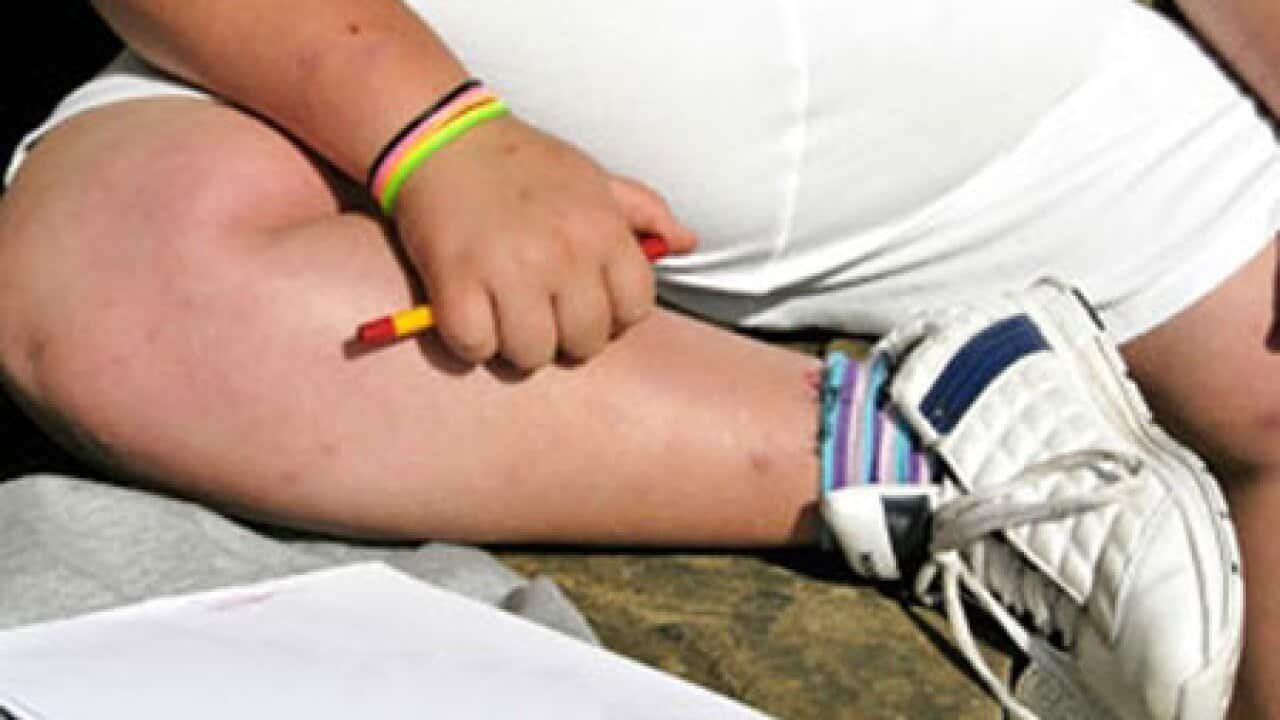At least 6 million obese teenagers in the United States are candidates for weight-loss surgery, experts estimate. Fewer than 1,000 of them get it each year.
Many of these adolescents already have complications of obesity, like diabetes or high blood pressure. But doctors have been uncertain just how well surgery works for young patients, and whether they can handle the consequences, including a severely restricted diet.
A new study provides some answers. Researchers followed 161 teenagers ages 13-19, and 396 adults ages 25-50, for five years after weight-loss surgery.
The teenagers fared better than the adults. The adolescents lost at least as much weight, and were more likely to see high blood pressure and diabetes ease or go away, the investigators reported last week in the New England Journal of Medicine.
“This really changes the game,” said Dr. Amir Ghaferi, a bariatric surgeon at the University of Michigan, who was not involved in the research.
The paper, he said, added to evidence that obesity, like cancer, is best treated early, before long-term damage from related conditions, such as high blood pressure and diabetes, sets in.
There is no other treatment that results in a substantial and sustained weight loss in people who are severely obese. But the operation, gastric bypass surgery, is demanding. Surgeons close off most of the stomach, leaving a small pouch, and reroute the intestines. Afterward, patients must eat tiny meals at frequent intervals for the rest of their lives.
It is a scenario that gives many parents pause. Should their teenagers wait, hoping science will come up with a less drastic solution? Or should children have the operation before even more serious harm to the body occurs?
Adding to the quandary is the fact there are just six accredited bariatric surgery centers in pediatric hospitals. Adults, by contrast, may choose from 850 accredited medical centers for weight-loss surgery.
For most of the adolescents, the surgery was a success. On average, they lost about a quarter of their body weight, enough to make life much easier and for most to shed health problems.
The teenagers weighed 324 pounds on average when they had the surgery. Five years later, the figure was 244 pounds. The adults weighed the same at the start and had a nearly identical result.
An unlucky minority of patients — both adults and teenagers — did not fare as well. Some remained saddled with high blood pressure or diabetes. A few lost almost no weight, or even gained weight, in the five years after the surgery.
The study did not randomly assign patients to have the surgery or not, which is the gold standard for clinical research. Since the adults had been obese for a much longer time, their condition might have been harder to treat with surgery. That makes it difficult to directly compare the teenagers and adults.
But Ghaferi said the message was clear: It is best to intervene early. And if that is true, other experts wondered, what about even younger children?
“What if an 8-year-old comes in, or a 10-year-old comes in, and they are severely obese?” said Dr. Thomas Inge, chief of pediatric surgery at Children’s Hospital Colorado and lead author of the new study. “Why don’t we offer this treatment and study the results?”
A severely obese teenager is likely known by every other student in the high school not because she is a prom queen, but because she is physically the largest student in the school.
Already he has operated on children who are severely obese and have related medical conditions. The question now, he said, is whether to operate even before a child develops high blood pressure, diabetes or sleep apnea.
And can a teenager be expected to commit to following the very restricted diet required after the surgery, not to mention taking the needed vitamins and minerals?
“Are they prepared to do that for the rest of their lives?” said David B. Sarwer, a psychologist at Temple University who works with bariatric surgery patients.
Severe obesity “sets adolescents up for stigmatization,” he said. A severely obese teenager “is likely known by every other student in the high school not because she is a prom queen, but because she is physically the largest student in the school.”
Eric Decker, 33, had the operation in 2006 when he was 17. He was 5-foot-10 and weighed 385 pounds.
He tried to find a surgeon in South Carolina, where he lived, to operate on him, but no one would do it. He was referred to Inge, then at Cincinnati Children’s Hospital.
Decker lost more weight than most — he now weighs between 205 and 210 pounds.
He speaks up now when someone speaks derisively of a person who is obese.
Without his experiences, he said, “I don’t think I would have that lens of compassion for people with their struggles.”
By Gina Kolata © 2019 The New York Times
Insight is Australia's leading forum for debate and powerful first-person stories offering a unique perspective on the way we live. Read more about Insight
Have a story or comment? Contact Us


